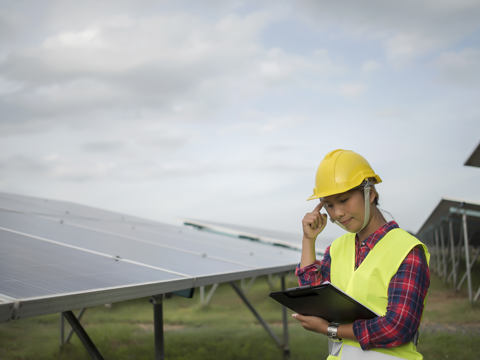 New Delhi: Policymakers and regulators must build the framework required for combining rooftop solar with battery storage and electric vehicles (EVs) to achieve a sustainable and energy-secure future, according to a new report from the Institute for Energy Economics and Financial Analysis (IEEFA).
New Delhi: Policymakers and regulators must build the framework required for combining rooftop solar with battery storage and electric vehicles (EVs) to achieve a sustainable and energy-secure future, according to a new report from the Institute for Energy Economics and Financial Analysis (IEEFA).
India has set an ambitious renewable energy target of 450 gigawatts (GW) capacity by 2030 along with a target of becoming a 100 per cent EV nation by 2030.
“Combining rooftop solar plus storage in the form of batteries and EVs, or mobile batteries, are in India’s near-future,” said Vibhuti Garg, co-author and energy economist, lead India, IEEFA.
She, however, added that the opportunity to integrate distributed energy is missing which can maximise the benefit of combining rooftop solar with small-scale storage, smart demand-responsive appliances and EVs.
According to the report, policymakers would need to make the technical integration of these distributed energy resources (DER) a priority.
“Combining rooftop solar with storage and EVs is key. It is more cost effective for private and public consumers to have distributed charging co-located with power generation and to directly charge EVs using behind-the-meter solar,” said Gabrielle Kuiper, co-author, DER specialist and IEEFA guest contributor.
IEEFA in its report said that managed charging and discharging of EVs and vehicle-to-grid technology – which enables power to be drawn from or supplied to the grid when most needed – could be a game-changer for India.
It added that an additional time-of-day price signal to incentivise supply in peak demand periods would provide much-needed flexibility in the Indian grid as the proportion of variable renewable energy grows.
According to Garg, discoms could play a greater role in facilitating a system where distributed energy resources such as rooftop solar, battery storage and EVs are central, planned for and taken advantage of, driving deflation and sustainable energy for all.